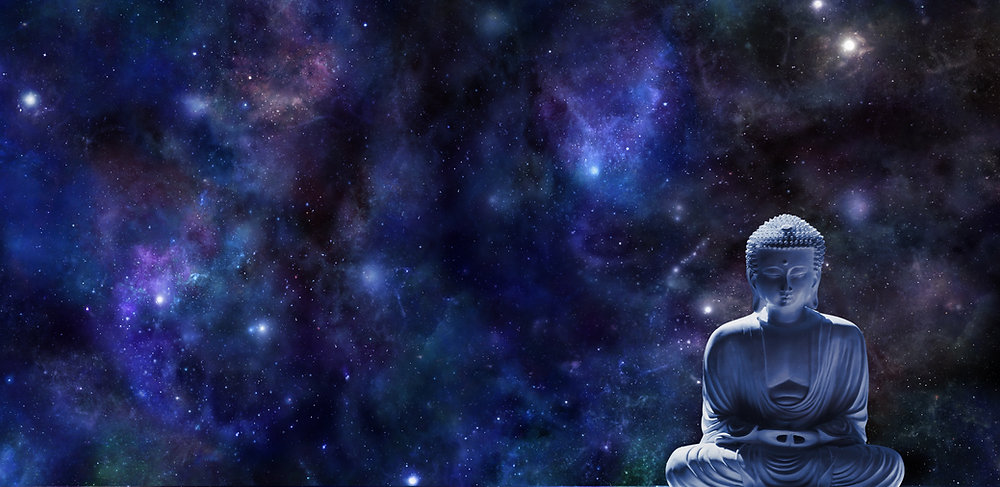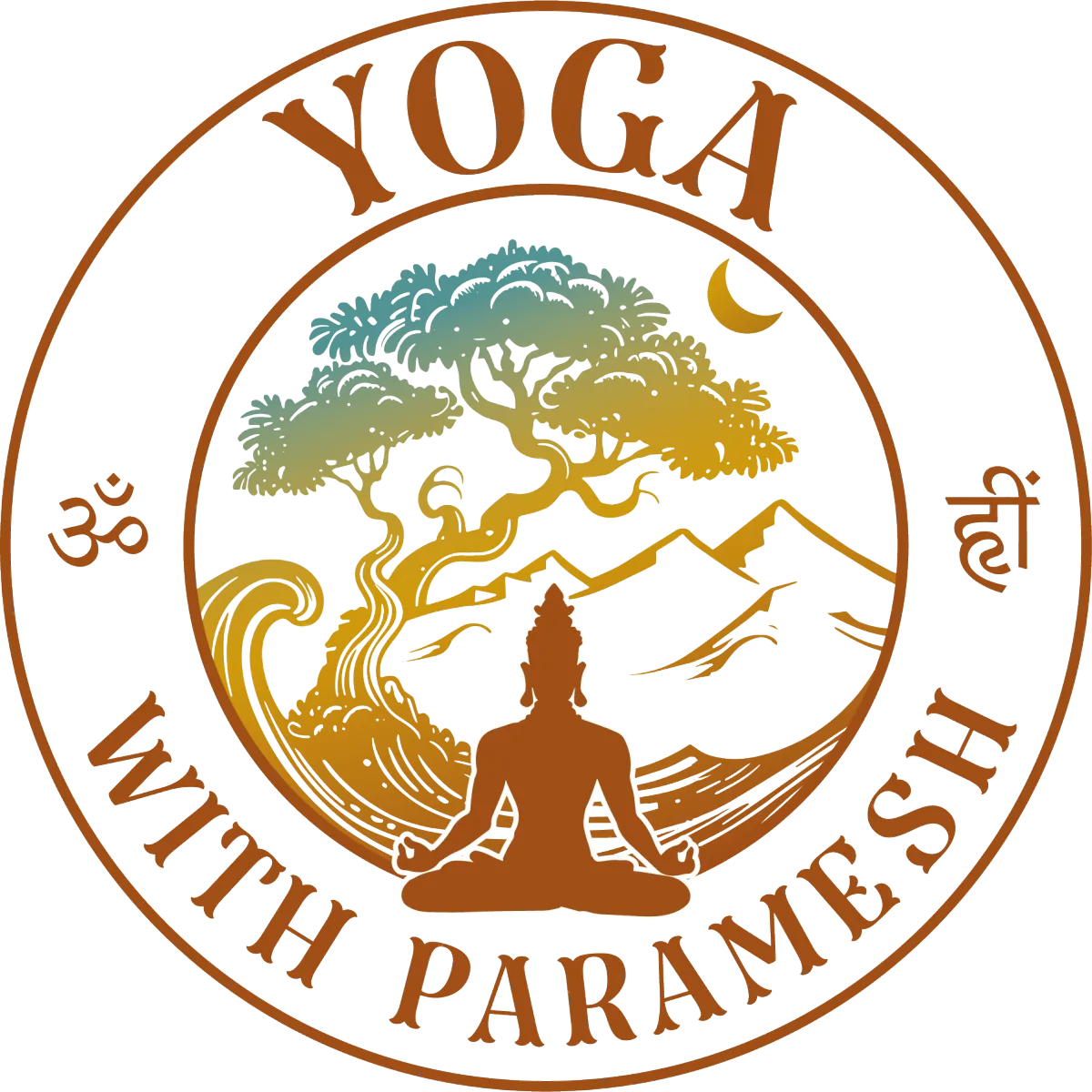
What is the Soul?
What is the Soul?
The question arises, "What is the Soul according to Vedānta?"
The short answer is, there is no Soul.
What? There's no Soul?
You might be thinking: "How could you even say that?"
That is literally Soul crushing.
And there must be a litany of questions.
What creates karma?
What acquires merit and demerit, papam and punyam in Sanskrit?
Yes, Vedānta says there's no Soul because everything is Brahman (Supreme Consciousness) or God. There is in essence no fundamental individuality. The sense of "I" is the reflected consciousness of Brahman in the mind along with ahamkara (sense of ego) and the sense organs.
These three things make us identify our sense of self with our body, mind, memories, emotions, etc. Who we really are is closer to the witness of all this and that witness consciousness is not individualized in any way. It only appears individualized because of its reflection in the mind that creates the sense of "I", and this reflection is said to not be real.
In ancient India there was a famous period when Buddhists and Vedāntins were fiercely debating each other.
The Buddhists were screaming "Anātman! Anātman!,
There's no self!" Meanwhile, the Vedāntins were shouting "Only Brahman is Real!, There's only Self!"
While it sounds like they had opposing views, the Buddhists and Vedāntins were pretty much saying the same thing but in different ways and refusing to acknowledge the others perspective, much like a quarreling couple.
If analyzed closely, Buddhists and Vedāntins share a similar view. They agree that there is fundamentally no objective self. By objective self here I mean there is no self that can be called an object or a thing, because if one were to find a Soul or some eternal essence it could not be who we are because we would be experiencing it. To experience anything there must be two things, the experiencer and the object of experience.
Even if someone were to have some incredible peak experience where they saw the births of universes and experienced bliss beyond compare, they could not be the experience itself, they could only be the experiencer.
Therefore the Buddhists said our nature is emptiness or nothingness, shunyata, because it is not any object, and Vedāntins said it's fullness, or purnam, because it's everything and not an object.
One side called it everything and the other side called it nothing, but they both agree that it is not something. They both agree that in Ultimate Reality there are not two, but an indescribable Unity beyond words described most accurately as nothing or everything, but never as something.
By the way, the Vedāntins famously won this debate when one clever Vedāntin said to his Buddhist opponent, "If there's no Self, then who am I debating?" The Buddhist had no answer to this so the Vedāntin declared, "I have no opponent so I win the debate!"
When the Soul is talked about in popular culture it's often spoken of as personality. People will say he or she is an old Soul, meaning they are wise beyond their years. Or people will speak of a place as having Soul or no Soul, and they're referring to the feeling and look of the place. They're speaking of the places' personality and ambiance.
In Vedānta personality is related to the subtle body that re-incarnates, which consists of the prānamaya kosha (life-force energy body), manomaya kosha (mental body), and vijñānamaya kosha (intellect body), and even this changes and is impermanent.
So what popular culture considers Soul is what Vedānta would consider subtle body, and Vedānta says that we are not this subtle body. We are something else. We are Brahman, the Supreme consciousness. This Brahman is also called Atman which translates to Self. Self here means what we are, not our individuality.
However, Vedānta says that there is no permanent individual separate self and this is why you cannot say there is such a thing as a Soul in Vedanta in the way that Soul is used in popular culture as something having to do with a person's personality or some kind of eternal individual essence.
The key distinction to understand is that in Vedānta there is fundamentally no individuality and no separateness from God or Ultimate Reality, there is only oneness and unity.
Some people don't like the idea that there is no permanent individuality that remains eternal, or perhaps it's scary to them to exist in a way that seems completely different from what they're used to. However, if we analyze our body-mind-personality sense of self as Vedāntins do, it's quite easy to see that it doesn't exist.
Our body is constantly changing and will ultimately become lifeless and decay, so we can't be that. Our personality changes so we can't be that. Much of what we identify with is based on memory, and that memory can go with age or with a disease so we can't be our memories.
The beauty of understanding this truth is that we are truly so much more than a limited separate thing. Vedānta says that our true Self is so grand and mysterious it can only be described as Sat-Chit-Ānanda, which means existence-consciousness-bliss. It exists, it's conscious or aware of itself, and its nature is bliss. The other way it's described is Satyam-Shivam-Sundaram, which means existence or Reality, Pure Consciousness, and divine beauty.
In conclusion, although Vedānta says there is no individual Soul, which may seem scary to many, Vedānta gives us a view of Ultimate Reality that is far grander and liberating than the concept of eternal individual essence. Vedānta points us to a non-conceptual, non-dual Reality that can only be experienced. Vedānta does not say that Self-Realization is for a chosen few spiritually gifted or morally excellent individuals, but rather something natural, fundamental, and inherent.
